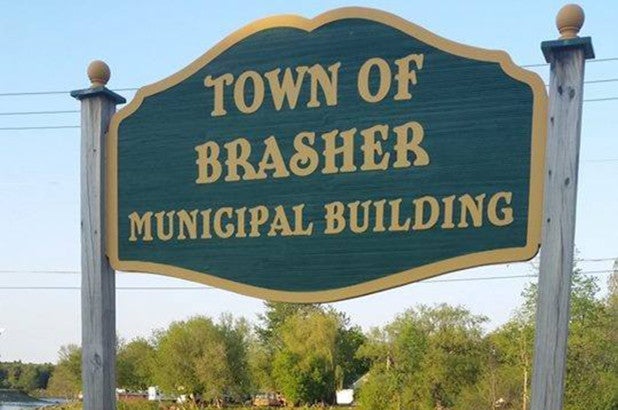7-year-old charged with rape in small upstate New York community
More than half of US states have no minimum age at which a child can be tried as a juvenile delinquent

A 7-year-old boy from upstate New York has been arrested on rape charges.
On 23 March, a 7-year old boy from Brasher Falls, New York was arrested, sending shockwaves through the small community near the Canadian border.
Due to the age of the accused, there are few details available about the nature of the alleged crime or of the subsequent arrest.
According to WNYTV 7, the boy was charged with third-degree rape.
State troopers told the broadcaster that an incident occurred on Thanksgiving which prompted the boy's arrest. He was cited and later released. The troopers said the case will be handled in family court.
The boy will be charged as a juvenile delinquent.
The arrest prompted a debate over the merits of arresting children that young.
“Instinctually, it shouldn’t happen that a 7-year-old – I don’t think you even could really realize what you’re doing at 7-years-old. So I think it’s absurd to charge a 7-year-old with rape. They’d have to prove he actually physically committed this act, which to me it almost seems to be an impossibility,” said, Anthony Martone, the director of felony youth defense unit “Queens Defenders.”
Child advocates claim that regardless of crime, a child entering into the US's massive carceral state is not the correct way to handle a child.
Judges, lawyers, and juvenile justice experts claim the arrests of children traumatize them and lock them into the long-reaching tendrils of the criminal justice system, which increases their chance at recidivism.
Dawne Mitchell, the head of the Legal Aid Society's juvenile rights practice, told The New York Times that arrested kids in the pursuit of justice is often counter-productive.
“What we know now is that the science doesn’t support prosecution of second graders,” she said, citing cognitive science data showing that young children lack a true awareness of what they are doing and the consequences of their actions.
She believes the age minimums for arrests should be raised.
Calls for increasing the age of juvenile delinquents have not fallen on deaf ears; the New York State Legislature is considering a bill that would raise the minimum age at which a child can be charged as a juvenile delinquent in family court from 7 to 12, with an exception made for homicide offenses.
Children under that age would be directed to social services.
Julia Davis, the director of youth Justice and child welfare at the Children's Defense Fund of New York, noted that an increasing number of Americans are becoming aware of the country's tendency to arrest and prosecute very young children.
That is in part due to the lack of legislation in place to regulate the arrests.
More than half of US states have no minimum age at which a child can be charged. Earlier this year, a 6-year-old North Carolina boy was arrested after picking a tulip while waiting at a bus stop.
That case was dismissed, but the backlash to the child's treatment stirred debate about why children young enough to require near-constant parental supervision are being held criminally accountable for their actions.
Some states have moved to address the issue. IN 2018, Massachusetts raised its minimum age from 7 ro 12. Both California and Utah have also set their minimums at 12. Mississippi joined that group when it raised its minimum age from 10 to 12.
Bookmark popover
Removed from bookmarks